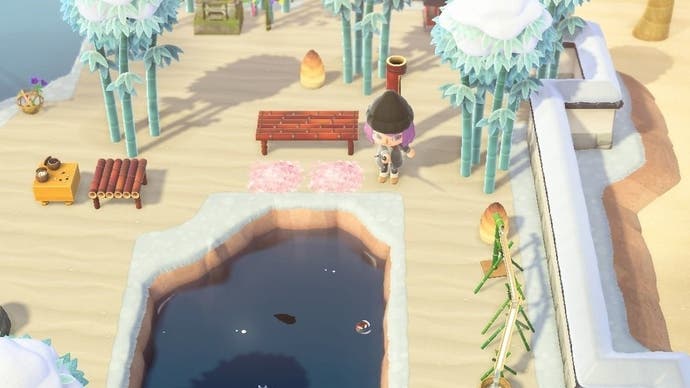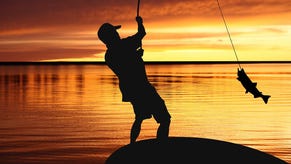New Bugs and Fish in January: Everything arriving and leaving this month in Animal Crossing: New Horizons
A new year means new creatures arriving on your island!
This January it's important to know whether or not there are any new bugs, fish and sea creatures on your island in Animal Crossing: New Horizons.
Catching every bug and fish in New Horizons will complete two of the Museum exhibits and unlock both the Golden Fishing Rod and Golden Net DIY recipes.
Below you'll find exactly which creatures are both arriving and leaving your island in January, as the Critterpedia will only list this information after you've caught a creature for the first time.
January, like December and the upcoming February, is a rather quiet month in the terms of bug, fish and sea creatures, but it's still important to know which creatures can be found in and around your island.
On this page:
New Animal Crossing bugs, fish and sea creatures in January
When a new month begins in New Horizons you can usually find a collection of new bugs, fish and sea creatures, but January is a little different.
Catching every creature that visits your island will help you complete both the Museum and the Critterpedia, while, at the same time, work towards unlocking the Golden Fishing Rod and Golden Net DIY recipes. If you want to achieve these goals, then you'll need to ensure that you catch at least one of every new creature.
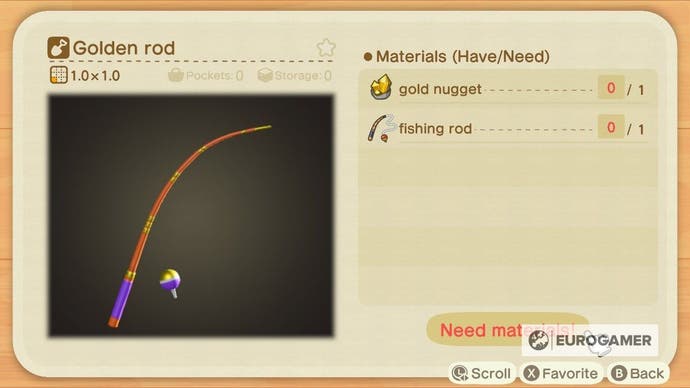
It should be noted that the following only applies to the northern hemisphere.
For the southern hemisphere, please check our dedicated bug, fish and sea creature guides.
All Animal Crossing bugs arriving in January:
It's the middle of winter, so, sadly, there are no new bugs.
All Animal Crossing fish arriving in January:
There are no new fish in January.
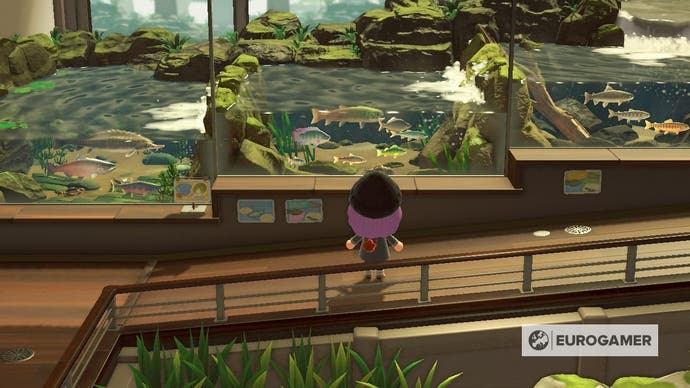
All Animal Crossing sea creatures arriving in January:
The winter sea means that there are no new sea creatures this month!
The Animal Crossing 2.0 update and Happy Home Paradise is here! We can help you with the new additions - including where to find Brewster, Gyroids, new villagers, ordinances, new fences, storage shed, new hairstyles, Froggy Chair, group stretching and Kapp'n boat tours. Cooking is now unlockable, so you need to know how to make both flour and sugar, as well as how to grow carrots, potatoes and tomatoes. Meanwhile, if you're new to Animal Crossing, our New Horizons tips can help with the basics. From the off, there's fish and bugs to catch, flowers and fruit to grow with. One long term goal is building your Happy Home Academy score. Finally, you need tools such as the new ladder and vaulting pole to fully explore.
Animal Crossing bugs, fish and sea creatures leaving in January
When a new month arrives in New Horizons, you can also expect a number of creatures to vanish from your island. It's a good idea to catch at least one of every creature before it leaves or else you'll find yourself waiting for its return.
We recommend searching out and catching the departing creatures towards the beginning of the month to avoid any pressure or rush in the month's closing days.
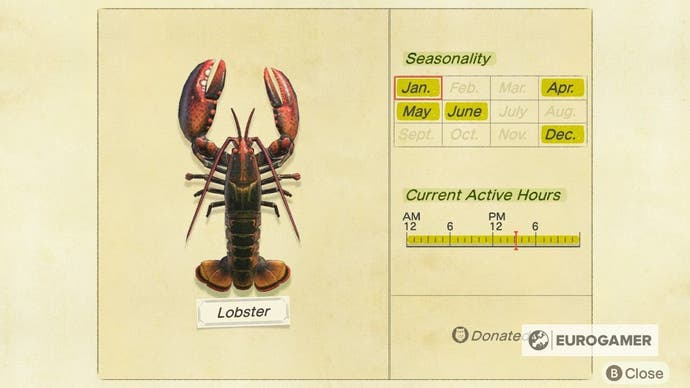
If you need any assistance, check out our bug, fish and sea creature guides for some hunting tips.
It should be noted that the following only applies to the northern hemisphere.
For the southern hemisphere, please check our dedicated bug, fish and sea creature guides.
All Animal Crossing bugs leaving in January:
There aren't any bugs leaving your island this month!
All Animal Crossing fish leaving in January:
You don't have to worry about any fish leaving in January.
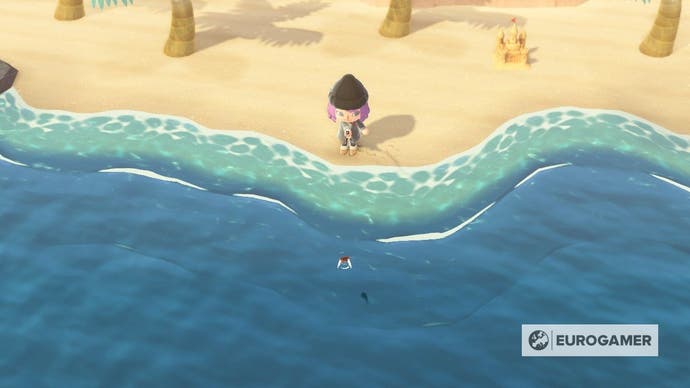
All Animal Crossing sea creatures leaving in January:
| Animal Crossing Sea Creatures | Months available | Times available | Sea Creature Price |
|---|---|---|---|
| Abalone | June to January | 4pm to 9am | 2000 |
| Lobster | December to January April to June | 24 hours | 4500 |
Our respective bug, fish and sea creature lists contain every species that can be found throughout the year in New Horizons if you'd like to learn more about the creatures that visit your island. These guides also contain the appearance dates for islands located in the southern hemisphere.
